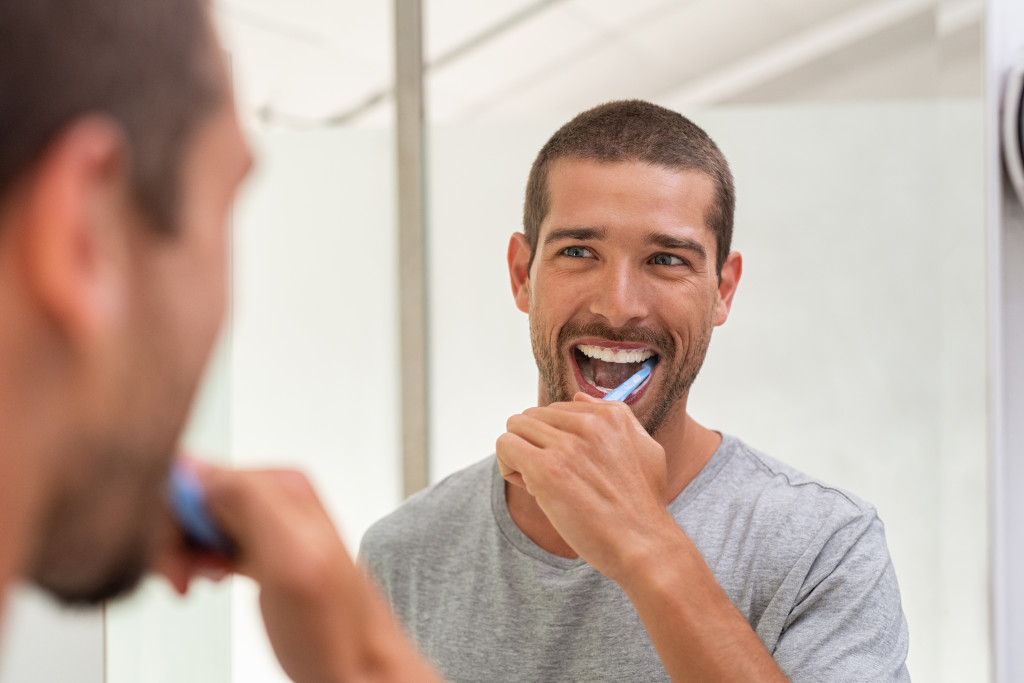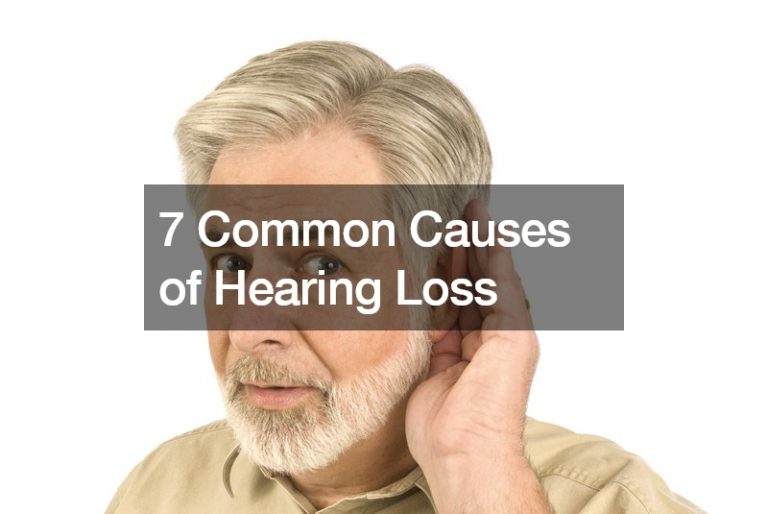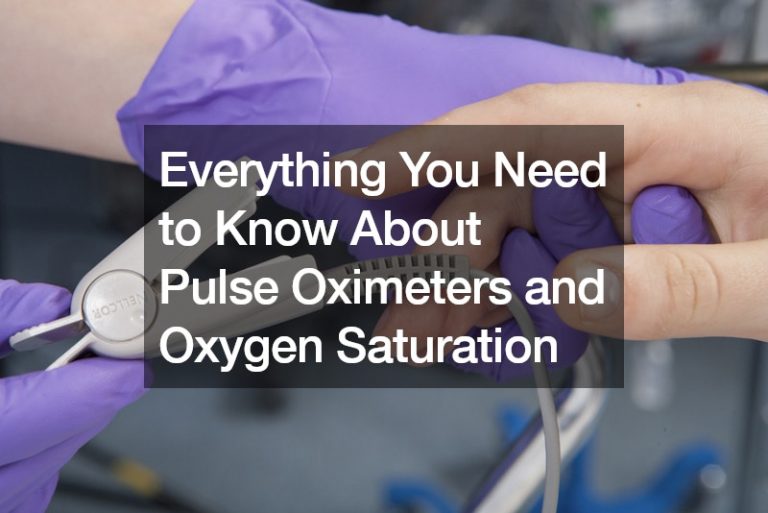- Brush and floss twice daily with fluoride toothpaste for proper dental hygiene.
- Wear a mouthguard during contact sports to prevent blunt trauma leading to tooth loss or other dental problems.
- Limit sugary drinks and acidic foods to protect the enamel from weakening and discoloration.
- Visit a dentist every six months for professional cleanings and potential treatments, like root canals or crowns.
- Professional teeth whitening may also be required for optimal oral health and appearance.
Good oral hygiene is essential for a person’s overall health and well-being. Healthy teeth are necessary for eating, speaking, and self-confidence. Unfortunately, tooth decay is the most common chronic disease among children and adults in the United States.
The consequences of poor oral hygiene can be severe, ranging from cavities to loss of permanent teeth or infection. Poor dental health is also linked to diseases like diabetes and heart disease. This is why it’s so important to understand how to keep your permanent teeth healthy for life.
However, the statistics show that many adults don’t know how to care for their teeth properly. A Centers for Disease Control and Prevention (CDC) study found that almost 20% of adults 30 years and older have untreated cavities.
Protecting your teeth, especially if they are permanent, will be necessary. Here are a few tips to help you keep your permanent teeth healthy:
Proper Dental Hygiene
Good dental hygiene is essential for overall health and well-being. Cavities, gum disease, and tooth loss can occur without proper care. Moreover, poor dental health has been linked to numerous health conditions, such as diabetes and heart disease. That’s why it’s essential to understand the importance of keeping your permanent teeth healthy. Here are a few tips to help you:
Brushing
Brushing your teeth twice a day with fluoride toothpaste is one of the most important habits you can do for oral health. Brushing your teeth helps remove food particles, bacteria, and plaque on the surfaces of the teeth that can cause decay and damage to the enamel over time.
Flossing
Flossing daily is also important because it removes plaque and food particles from between teeth that a toothbrush cannot reach. It’s also helpful to use mouthwash regularly to help reduce germs that cause bad breath and gum issues like gingivitis.
Using Mouthwash
Mouthwash helps to reduce plaque and bacteria, as well as prevent bad breath. To get the most out of a mouthwash, use it after brushing and flossing for a thorough clean. However, check the label to ensure your product kills germs that cause disease and decay.
Regular Dental Checkups
In addition to regular brushing and flossing, you must visit your dentist at least every six months for professional cleanings to identify potential problems before they become more severe. Your dentist can also help create an individualized plan for care depending on your needs, including deep cleanings or crowns if necessary.
Protecting Your Mouth

The importance of protecting your mouth from blunt trauma should not be underestimated. Blunt trauma can cause serious injury to the teeth and gums, resulting in severe pain, inflammation, and damage to the teeth. This could even lead to tooth loss or other dental health problems in extreme cases.
One of the most common causes of blunt trauma is sports-related injuries. If a person plays a contact sport without adequate protection, they risk facial and dental injuries. Wearing a mouthguard during activities such as boxing or football can help protect against physical injuries like chips, fractures, and knocks resulting from direct impacts on the face.
Things can also cause teeth to get a yellowish tinge, such as smoking and consuming particular food and drink. Sugary drinks and acidic foods can also weaken the enamel on your teeth, so it is essential to limit their intake.
Getting Dental Procedures

While you might be doing your best to keep your teeth healthy, regular dental cleanings and treatments may still be necessary. A knocked-out tooth might be out of your control, but getting a root canal or crown can help restore your tooth and prevent further damage. If you have yellowing teeth, professional whitening treatments may be necessary to help restore the original brightness of your smile.
You can review all the dental tooth replacement options to see which would work best for you. It is also essential to remember that not all insurers cover dental procedures, so it’s important to review your coverage before getting any treatment done.
Final Thoughts
It is essential to understand the importance of keeping your permanent teeth healthy, as poor dental health can cause severe consequences and lead to other diseases. The key to good oral hygiene is regular brushing, flossing, and visits to the dentist. Protecting your mouth from blunt trauma, such as sports injuries, is also highly recommended. Professional cleanings or treatments may also be necessary depending on individual needs and existing damage. These tips can help you achieve and maintain a healthy smile for life!






